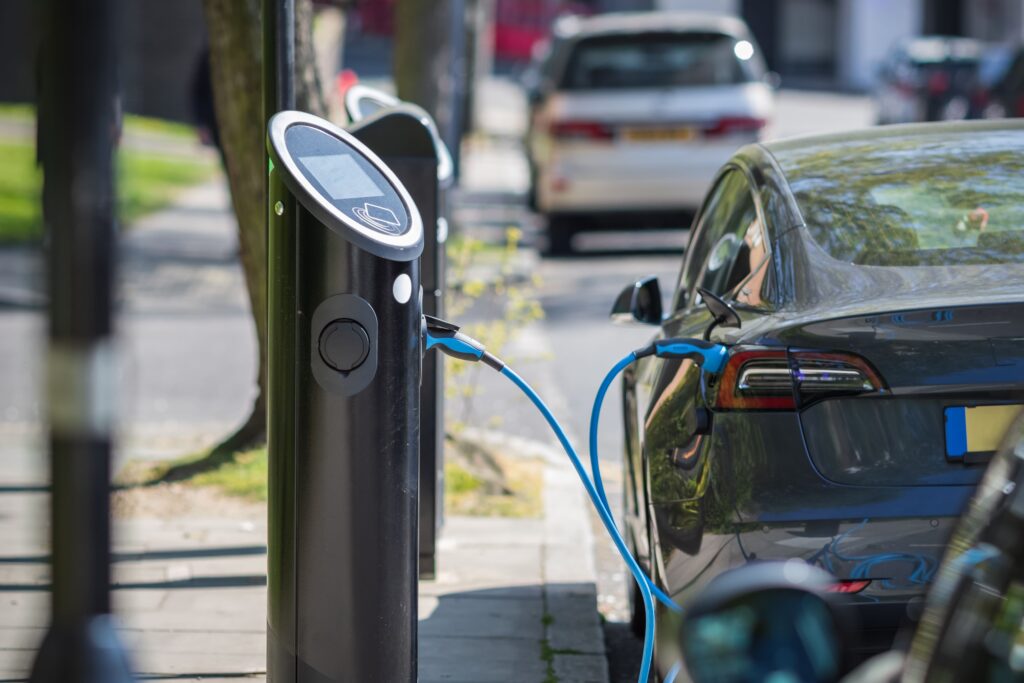Pros and Cons of Electric Vehicles for Business Use
Electric vehicles are increasingly popular among the business community, in line with their improved share of the wider market. The increased variety in the market has attracted new audiences, with fresh options like the suave BYD Seal, the spacious Ford Explorer and the sporty Porsche Taycan bringing new customers to electric vehicles.
Here’s our look at the pros and cons of electric vehicles (EVs) for business use:
Benefits of electric vehicles for business
ESG credibility
Using an EV as a company car will help to reduce the business’s overall carbon footprint. It also sends a clear message to potential investors that ESG is an important aspect of your business’s mission, vision, and values.
Installing electric vehicle charging points for business can further bolster your company’s ESG credentials, as well as being useful to those making use of electric vehicles. It could even earn a bit of extra money if the ports are charged for, offsetting the cost of installation. A business could go even further by installing solar panels to charge the vehicles. This would effectively create a net-zero scenario for running the vehicle.
Tax benefits
Owning an electric vehicle through a business and using an electric vehicle lease can provide tax benefits. These include claiming back VAT and having lower Benefit in Kind tax exposure.
Disadvantages of electric vehicles for business use

Lack of charging infrastructure
EV charging points are becoming more common, but there are still parts of the country where they are rarer. Many EV drivers report anxiety that there may not be one around when an EV is running low. This makes the practicalities of running an electric car difficult for some.
Lack of range
Linked to this is a perceived lack of range for electric vehicles. While this is improving over time with newer, more efficient models. Many people still perceive that electric vehicles cannot travel far without needing to charge. This feeds back to anxieties about a lack of charging infrastructure.
While these fears are becoming less apparent, drivers may still need to plan diversions to their routes when travelling long distances. This ensures they hit charging points at appropriate times within their journey. However, this is an infrequent consideration when travelling short to medium distances as the average range for an EV in 2025 is around 300 miles.
Apertus Group’s automotive procurement and rental teams are EV experts, scouring the market for the best model for you or your business. Call 01604 212 828 or email info@apertusgroup.co.uk to learn more.



